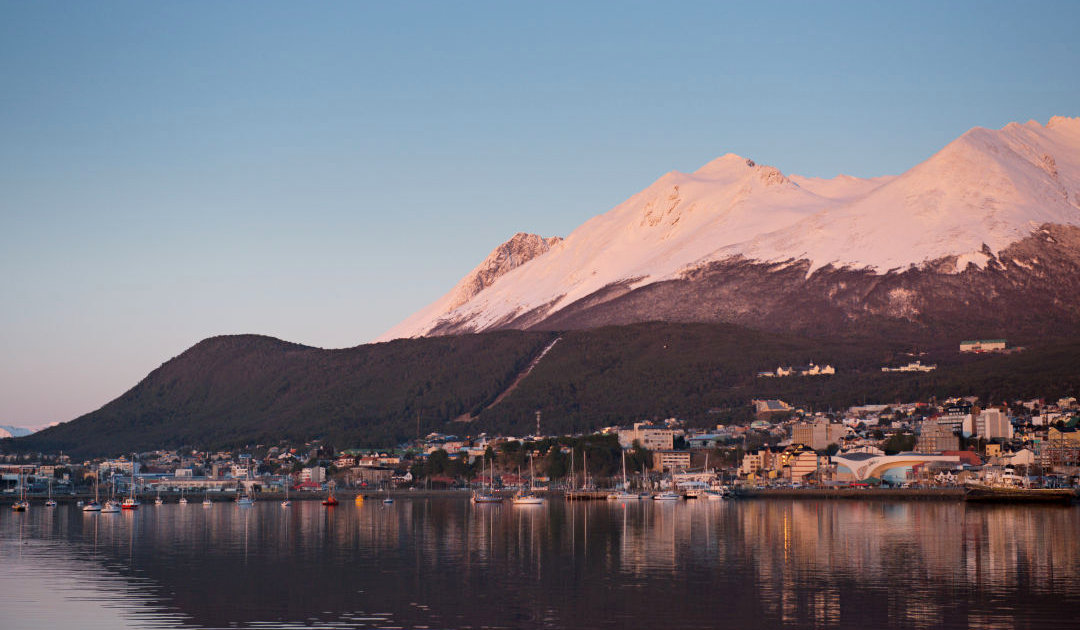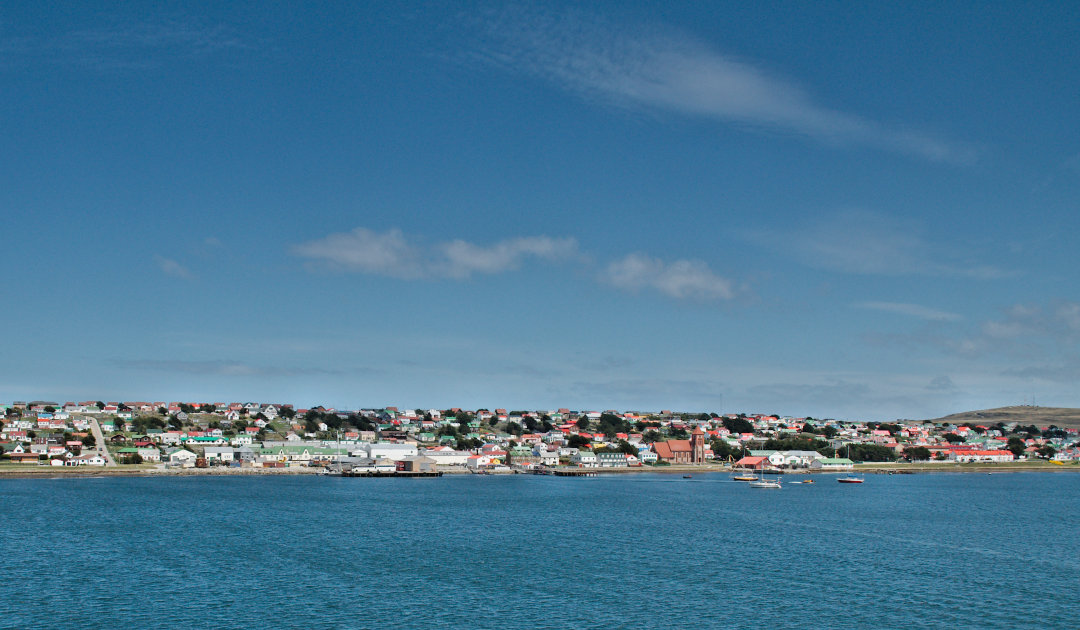
This week, the International Association of Antarctic Tour Operators (IAATO) announced that most of its members have started their preparations for this year’s Antarctic season. This, after talking to the various stakeholders about openings. Also this week, Argentina announced that it would reopen to international tourism on November 1. However, there is still uncertainty and ambiguity about the requirements for reaching the gateways for Antarctic voyages.
There was much rejoicing on various social media outlets after the Cabinet Chief and the Health Minister announced in front of cameras that Argentina would be open to international tourism as of November 1. This was mainly because only hours earlier IAATO, the International Association of Antarctic tour operators, had issued its press release that most members had started their season preparations. However, the uncertainty that prevails among travellers and industry representatives as a result of the experiences of the last 18 months became apparent again shortly afterwards. Is it possible to travel or not? What are the requirements that are demanded by the gateway countries? The question of whether Chile or Argentina is more suitable as a starting point was also asked by those guests who still wanted to book at short notice.
In response to numerous requests, we have now listed the current status (September 22, 2021) of the regulations here. However, we would like to point out that these provisions may change again depending on the situation in the countries. Furthermore, we offer no guarantee of completeness.
In general, we recommend: Any person planning or booking a trip to Antarctica this season should contact their provider and request information about the trips.

Argentina:
The government has announced that international visitors will be allowed back into Argentina from November 1, 2021. For entry, a certificate of complete vaccination, which must be completed at least 14 days before entry, a PCR test result not older than 72 hours or an antigen test from the point of entry must be presented. In addition, until further notice required by the health authorities, further PCR tests must be carried out on the fifth and seventh day after entry. However, this requirement is to be lifted when more than 50 percent of the population will be fully vaccinated. Currently, the number is around 45 percent. Unvaccinated or incompletely vaccinated persons must undergo an antigen test on entry, then quarantine and submit to another PCR test on the seventh day.
The problem here: What applies to Antarctic travelers, who are normally in the country for a maximum of two days, regarding the required PCR tests on days 5 and 7? Who pays for the tests? Which certificates or vaccines are recognised? The authorities have not yet provided any information on this. Also the local authorities in Ushuaia have not yet received any information from the central government in Buenos Aires regarding the implementation of the measures.

Chile:
Chile had already announced on August 31 that it would reopen to Antarctic travellers from mid-October. The first statement made by Argentina, that it wanted to be ready again as early as October 20, was taken as a yardstick. In order to travel to Chile, foreign tourists need a maximum 72-hour PCR test result, an electronic entry form (completed a maximum of 48 hours prior to boarding the plane to Chile) and confirmation of insurance coverage of at least US$30,000 and confirmation that all expenses related to COVID infection are fully covered. After 14 days you will receive a follow-up form, which must also be completed. You will also need a “Mobility Pass” issued by the authorities, which you will only receive if you have completed a 5-day isolation period after entering the country. This would actually be mandatory for all entrants. But for Antarctic travellers, when they arrive in Santiago, they enter a kind of “travel bubble” where they are taken directly and on a charter flight to Punta Arenas. There, they either stay in isolation in the bubble or are taken directly to the ship. The return journey also takes the same form. Here, too, there are still uncertainties such as the question of whether one has to go into quarantine first after the voyage if one wants to stay in the country and what happens to travellers and their follow-up form who are on the ship for more than 14 days and have no or only poor internet and email connections.

The Falkland Islands / Islas Mavinas are also considered a starting point for Antarctic voyages. Mostly, however, guests visit the islands while passing by. A highlight is always the capital Port Stanley. Picture: Michael Wenger
Falkland Islands:
The Falkland Islands can only be reached via the UK until at least 1 February. For the time being, entry is only allowed for “essential travel”.
Australia / New Zealand:
Only New Zealand citizens are allowed to enter Australia and vice versa. All other entry from other countries is currently not allowed. The government has announced an opening for Christmas 2021, when 80 percent of the population will have been vaccinated. Currently, however, only 38 percent have a complete vaccination. New Zealand is also currently closed to tourists. A possible opening is indicated by the government in January 2022 at the earliest.
Dr Michael Wenger, PolarJournal
More on the subject:





